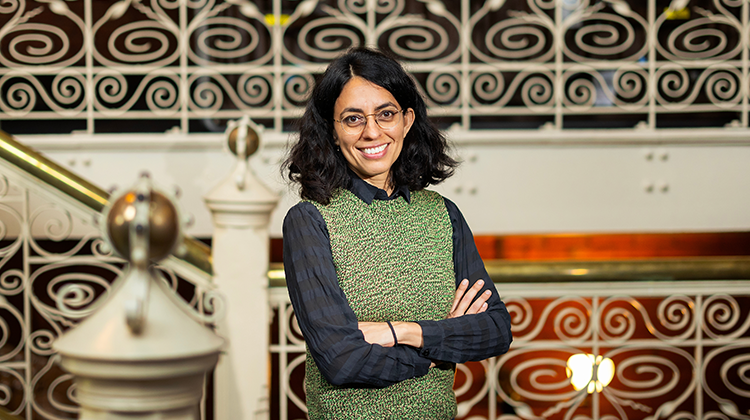4.645
Selected Topics in Architecture — 1750 to the Present
General study of modern architecture as a response to important technological, cultural, environmental, aesthetic, and theoretical challenges after the European Enlightenment. Focus on the theoretical, historiographic, and design approaches to architectural problems encountered in the age of industrial and post-industrial expansion across the globe, with specific attention to the dominance of European modernism in setting the agenda for the discourse of a global modernity at large. Explores modern architectural history through thematic exposition rather than as simple chronological succession of ideas.
T.A.
Spring
2025
3-0-6
G
Schedule
MW 11-12:30
Location
5-234
Prerequisites
4.210 or permission of instructor
Required Of
MArch
Can Be Repeated for Credit
No



